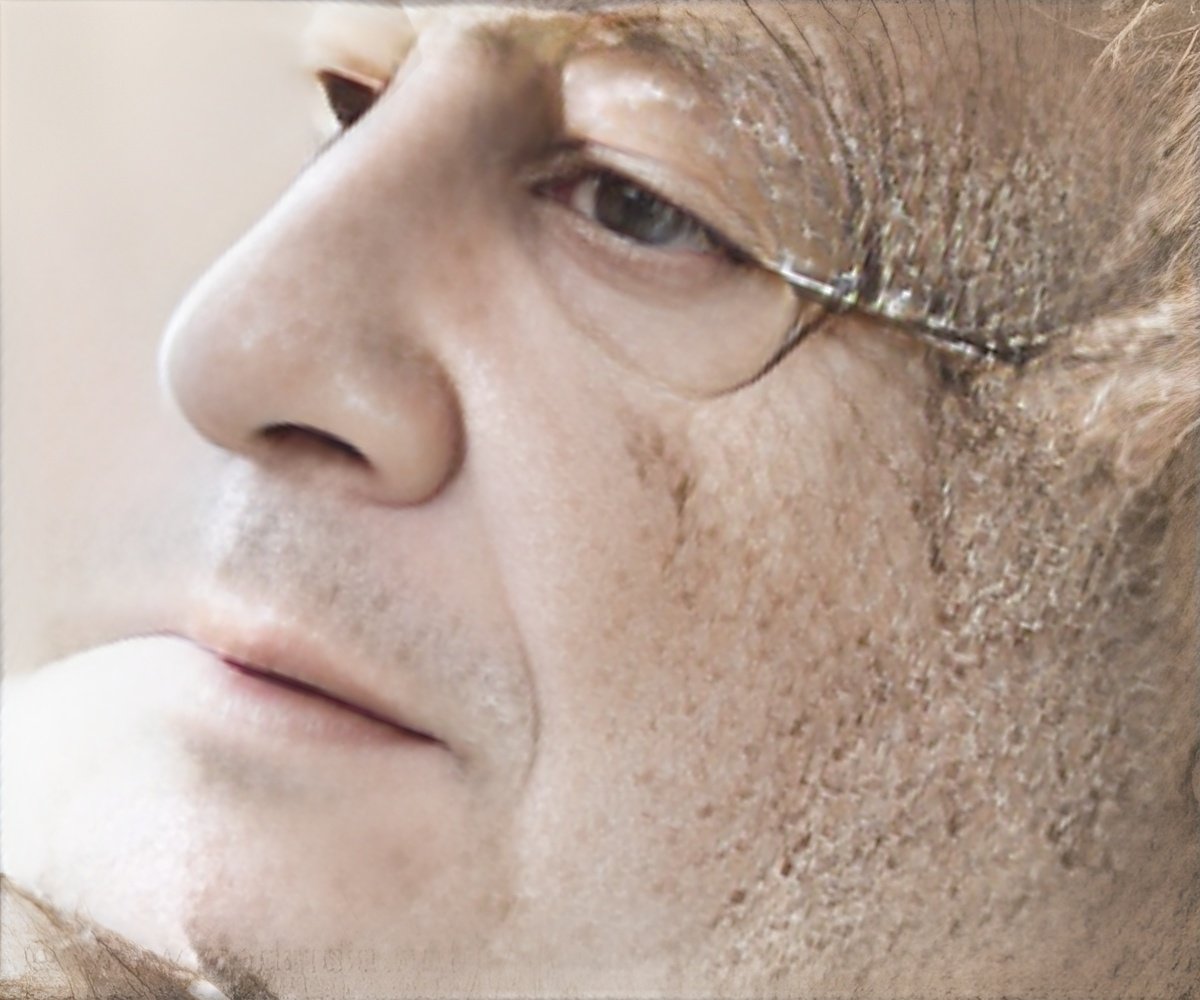The Indian government is set to open geriatric care units in 221 more districts across country, committed to take special care of senior citizens above 75 years of age.

During the discussion Health Minister J P Nadda said , “ At present there are 104 geriatric care units and government intends to cover 325 districts. We plan to set up geriatric care units in 221 more districts. The units would have Out Patient Department (OPD), geriatric wards and laboratories for investigations and research. A total of 600 beds will be provided for geriatric care patients, including 200 each in AIIMS and Madras Medical College.”
Nadda said, “ The intensity of taking care of elderly people is not going to be reduced, but will be increased. Government has given importance to senior citizens in the health policy and also very serious about the treatment and infrastructure they need.”
Later the bill was withdrawn by Mahtab after Nadda assured the House that the government is committed to protecting senior citizens and provide more beds for geriatric patients in hospitals.
Source-Medindia
 MEDINDIA
MEDINDIA




 Email
Email







